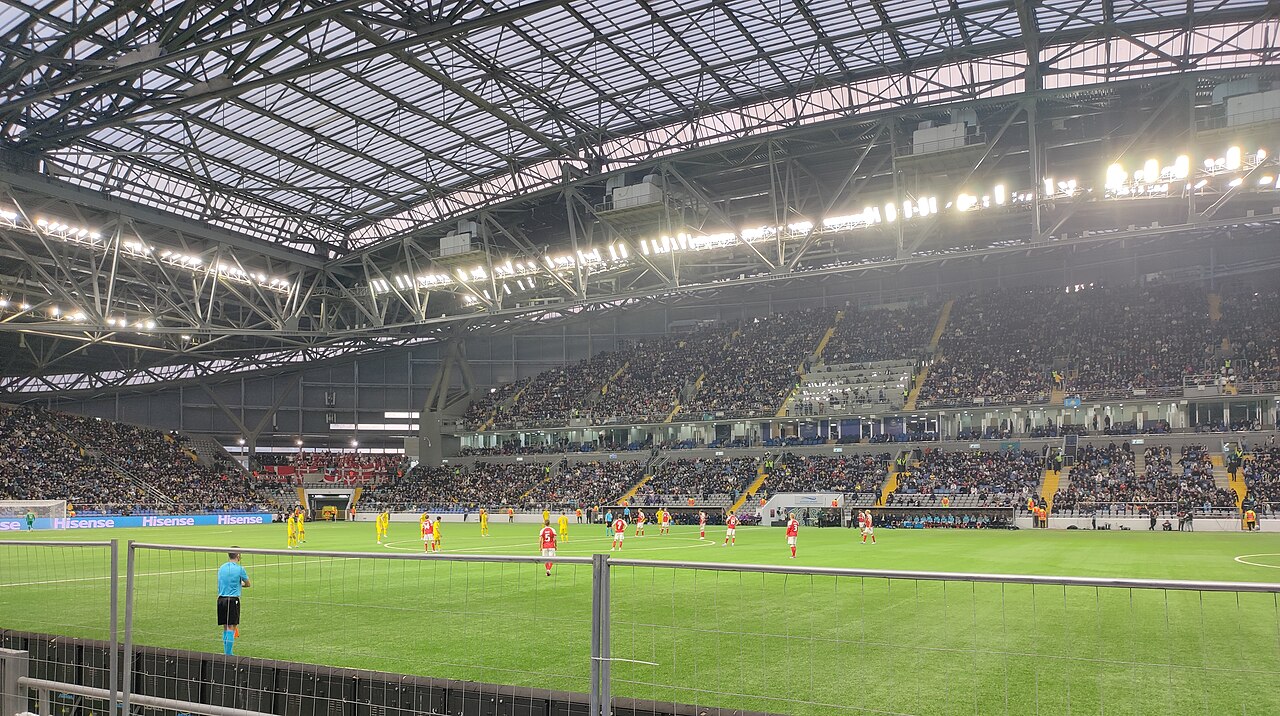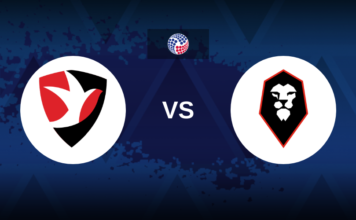As the 2024 Euros approach, the spotlight is not only on the players and teams but also on the political tensions that influence which matches can or cannot take place.
UEFA has historically banned certain fixtures to avoid potential conflicts and ensure the safety and smooth operation of the tournament. Here are five fixtures that have been banned from the Euros and the qualifiers, along with the reasons behind these decisions.
5. Spain vs. Gibraltar
The conflict between Spain and the UK over the Gibraltar territory has led to UEFA banning any fixtures between Spain and Gibraltar. During the Euro 2016 qualifiers, Spain and Gibraltar were initially drawn in the same group, but the draw had to be redone to avoid the match-up. Spain remained in Group C, while Gibraltar was moved to Group D. This ban is a reflection of the political tensions between the nations and UEFA’s effort to prevent any potential issues.
4. Bosnia and Herzegovina vs. Kosovo
Similar to Serbia, Bosnia and Herzegovina do not recognize Kosovo as an independent state, leading to strained relations between the two countries. UEFA has banned fixtures between Bosnia and Herzegovina and Kosovo to avoid any diplomatic issues. This precautionary measure ensures that no UEFA games take place between these nations, maintaining peace and order during the tournament.
3. Serbia vs. Kosovo
Kosovo declared independence from Serbia in 2008, a move strongly rejected by Serbia. This ongoing political dispute has led UEFA to ban any matches between Serbia and Kosovo. The ban extends beyond football, as Kosovo teams have been prohibited from entering Serbia for various international sporting events. To prevent any potential clashes, UEFA has ensured that Serbia and Kosovo do not face each other in the Euros or qualifiers.
2. Azerbaijan vs. Armenia
The conflict between Azerbaijan and Armenia, primarily over the Nagorno-Karabakh territory, has led UEFA to ban any fixtures between the two nations. In the Euro 2008 qualifiers, both countries were initially drawn to play each other, but the match was canceled as Azerbaijan could not guarantee the safety of Armenian players. UEFA decided to award zero points to both teams and has since maintained the ban on this fixture to avoid further conflicts.
1. Belarus vs. Ukraine
Germany, the host of Euro 2024, requested UEFA to ban Belarus from the tournament due to their military alliance with Russia. Although UEFA did not completely ban Belarus, they imposed several restrictions. Belarus was prohibited from being drawn in the same group as Ukraine to prevent any Belarus vs. Ukraine fixture. Additionally, Belarus was barred from hosting UEFA games, forcing their home matches to be played on neutral grounds without fans. These measures aim to avoid any political tension or conflict during the tournament.
Conclusion
These bans by UEFA highlight the intersection of politics and sports, where political tensions can directly impact the organization and scheduling of international tournaments. While the ideal is to keep politics out of football, in some cases, it is necessary to avoid any awkward situations and ensure the safety and smooth operation of the event. As Euro 2024 approaches, it will be interesting to see how these and other geopolitical issues continue to influence the world of football.







